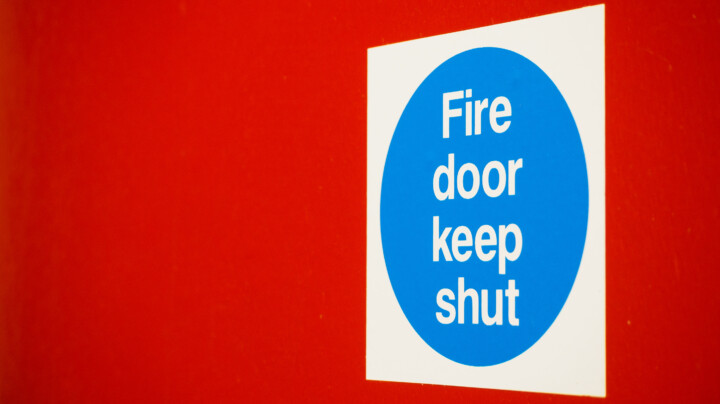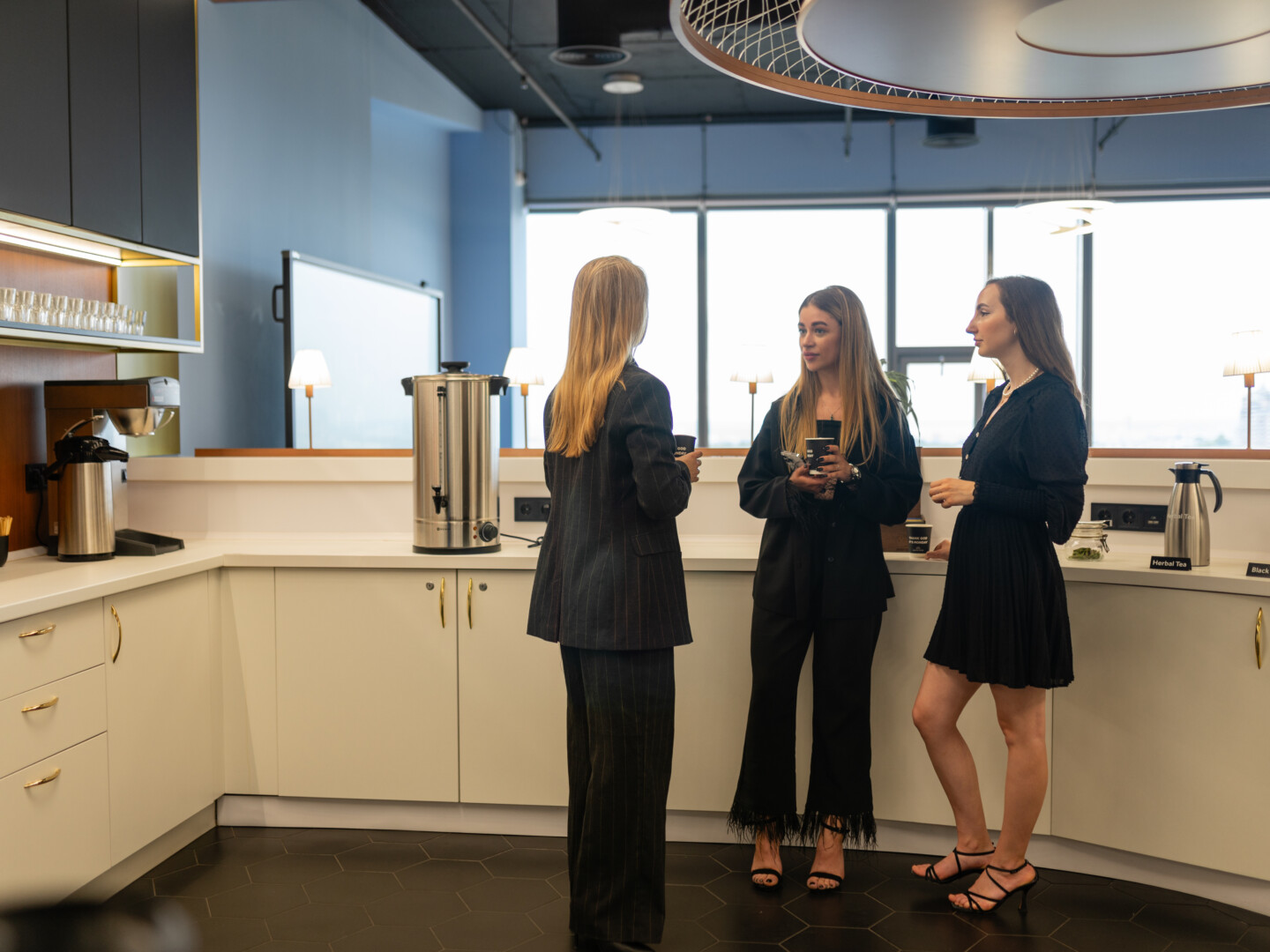


Written by Julie Taylor, Health and Safety Consultant, SafeWorkforce
The simple answer to this question is yes.
Food Safety and Hygiene (FSH) legislation is, of course, aimed at businesses who handle food for end users directly. And while traditional FSH training is a legal requirement for those who prepare, serve or store food for customers, it doesn’t mean other sectors are off the hook completely.
Even if your business doesn’t handle food directly, FSH still plays an essential role in supporting the health and wellbeing of your team. If you operate in a non-food industry and have a central workspace or office, chances are you offer kitchen or canteen facilities. And it’s in those shared eating areas that small hygiene lapses can quietly become big problems.
While you may consider that FSH legislation doesn’t apply to you, but the Workplace (Health, Safety and Welfare) Regulations 1992 apply to all businesses, and section 9 (1) and (3) state:
Section 25 (2)(b) of the same regulation states:
Also, in its Welfare at Work leaflet (INDG293 rev1), the Health and Safety Executive reminds employers:
“There should be a suitable seating area for workers to use during breaks – it needs to be clean and located where food will not get contaminated. There should be washing facilities nearby, and a means of heating food or water for hot drinks. You must maintain good hygiene standards.”
So, if your canteen or kitchen area is seen as a place where food contamination is likely, your business could be breaching hygiene regulations and not even realise it.
If hygiene in your canteen or break areas slips, the cost can show up fast:
It only takes one person bringing bacteria in on their hands, clothes or shoes to spread contamination across shared surfaces. Hygiene in eating areas is not optional, it’s a frontline defence against illness.
A number of everyday hygiene issues are often seen in workplace canteens, or break areas, issues that often go unnoticed but can carry serious consequences.
Examples included:
These behaviours are surprisingly common in non-food businesses, where food safety isn’t always front of mind. But just because they’re “normal,” doesn’t mean they’re safe.
There are other areas you might not think about, but they still count. Take a moment to consider what you’re actually providing to your team or visitors:
If the answer to any of these is yes, then you’re supplying food to end users, and FSH regulations apply. That includes how food is stored, handled, and served.
Milk, for example, is a key item to be aware of. It’s one of the UK’s 14 major allergens. If it’s not stored correctly or if procedures aren’t in place to keep it safe, you could be risking more than just a spoiled brew.
It’s time to ask: “Do we have proper checks and procedures in place for the food we provide, even if it’s just a splash of milk or a tray of sandwiches for a meeting?”
Even simple offerings can carry serious responsibilities.
We’re not suggesting that every non-food business delivers full FSH training to its team. But we are recommending small, practical steps that make a real difference.
A simple handwashing poster in the canteen or toilets serves as a daily reminder of personal hygiene, no training session required.
Spending just a few minutes checking the Food Standards Agency website for recalls and updates can help protect your staff. Print off relevant info and pop it on the noticeboard or in the break area. It’s quick, easy, and shows you’re taking hygiene seriously.
These tiny actions could help cut down foodborne illness and reduce absenteeism, without adding hours to anyone’s day.
A clean break area isn’t just a nice-to-have, it’s a regulatory requirement. Let’s make hygiene visible, practical, and easy to act on.
If you’re ever unsure about what applies to your business, don’t guess, ask. Food hygiene and workplace safety standards can be complex, but support is always available.
That’s exactly what SafeWorkforce is here for.
Whether it’s guidance, documentation, or just a quick question, we’re ready to help you make your workplace the safest it can be.